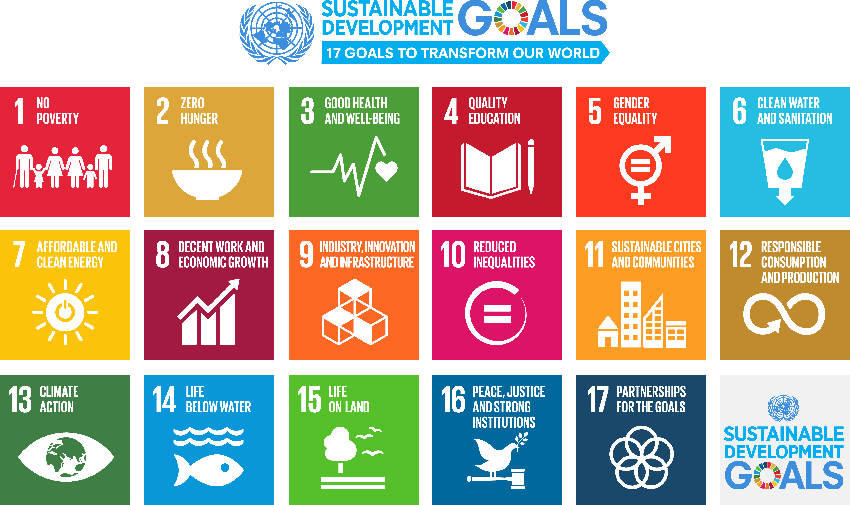Joining forces for progress
To support the raising of hygiene standards around the world, and contribute to reaching the UN Sustainable Development Goals, both the public and private sectors need to be engaged and collaborate. Key to this engagement is ensuring that those with power and budgets to influence have an understanding of the real value of hygiene - to us as individuals, and to society. Our aim with this report is to demonstrate why hygiene matters and its close link to health and well-being. We want to highlight how progress can be made through education, breaking taboos and challenging forces that are holding development back, while nourishing those that inspire and enable change.
We will continue to develop our partnership, through the sharing of knowledge, through investments in hygiene education and advocacy and by giving more people access to customized hygiene solutions.
Transforming attitudes and practices will require a wide coalition. We now call on all our partners – our customers, consumers, citizens, local and national governments, civil society actors, and private companies – to ask themselves what they can do to progress hygiene and sanitation.
From political commitments, to education initiatives, and from large investments to support of innovative start-ups, the UN 2030 Agenda needs the entire scale. But above all, it requires us to work together, to share information, knowledge and resources. It requires us to be a bit provocative and challenging, raising issues that may be uncomfortable to talk about. Essity and WSSCC will continue our partnership to raise awareness about the importance of hygiene as a core determinant for enabling human dignity, safety and confidence as well as for achieving health, education and productivity outcomes.


Magnus Groth
President and CEO, Essity


Chris Williams
WSSCC Executive Director

30 girls from the Cape Town townships Khayelitsha and Gugulethu participated in a menstrual hygiene training session organized by our company and WSSCC in 2014.
The human rights to water and sanitation are interrelated with and indivisible from other human rights and principles, including dignity, health, education, food and housing. Due to this interlinked nature, water, sanitation and hygiene can act as a powerful entry point to achieve progress related to other human rights. Moreover, in the context of the Sustainable Development Goals, applying the human rights framework to the targets related to access to water and sanitation will make a strong contribution to the achievement of other related goals, including poverty reduction, equality, women’s empowerment, health, education and inclusive cities. Implementation of SDGs related to water and sanitation must target the most disadvantaged first.”
Mr. Léo Heller, UN Special Rapporteur on the human right to safe drinking water and sanitation
The human rights to water and sanitation inextricably include access to hygiene, especially menstrual hygiene. We must break the silence around menstruation that currently affects half the world’s population. Taboos and myths that make menstruation seem impure and polluting, deny women information, safety, comfort and mobility and keep them away from school, work and full participation. I am committed to integrating menstrual hygiene management into national policy and practice setting an example for Africa and a wider arena on this long overdue issue.”
Mr. Mansour Faye, Minister of Water and Sanitation, Senegal
The United Nations Sustainable Development Goals
On September 25, 2015 the members of the United Nations adopted a set of goals to end poverty, protect the planet, and ensure prosperity for all as part of a new sustainable development agenda. Each goal has specific targets to be achieved over the next 15 years.
For the goals to be reached, everyone needs to do their part: governments, the private sector, civil society and people all around the world.

Read more at: http://www.un.org/sustainabledevelopment/sustainable-development-goals/
